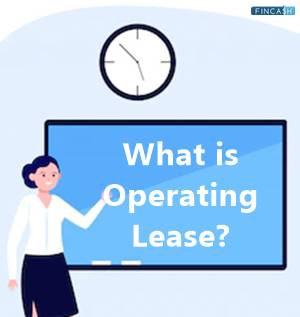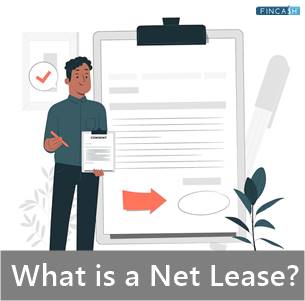
Table of Contents
Lease
What is a Lease?
A lease is a contract between two parties on rent. One party agrees to rent a property owned by the other party. The party renting the property is called ‘Lessee’ whereas the party who owns the property is called a ‘Lessor’. A lessee is also called as a tenant and agrees on the terms and conditions laid by the lessor based on the security of assets and regular payment.

The lessee and lessor will have to face the consequences if anyone of them fails to keep up with the terms of the contract. This is because the contract is a form of an incorporeal deal. A lease is a legal and binding contract with terms and conditions that calls for agreement in Real Estate and real and personal property. A lease based on the residential property includes —
- Address of the property Landlord
- Tenant responsibilities toward the property
- Rent amount
- Security deposit
- Rent due date
- Duration of the lease
- Pet policies
- Conditions for breach of contract, etc.
Note that all leases are not formed in the same manner, but have similar features. For instance, the most common features include rent, due date, lessor, lessee, etc. The lessor will require that the lessee sign the lease and agree to the terms before occupying the property.
Commercial property leases are typically signed for 10 years with the larger tenant having specific lessee and typically runs from one to 10 years. The lessor and lessee should have a copy of their records, which is helpful when disputes arise.
Important Points about Lease
One of the important points to consider about the lease is the consequences one might face because of breaking the lease. The consequence may be mild or even damaging based on the circumstances of breaking the contract. When a lessee breaks the leases without any intimation of prior negotiation with the lessor, a civil lawsuit of derogatory mark on the Credit Report may be marked.
This can also cause issues for the lessee to get a new residence to rent and other associated negative entries in the report.
Talk to our investment specialist
In the same way, the landlord or the lessor can also cause issues for the contract to break the terms of a lease that are not enforceable automatically. Some leases also come with clauses for early termination where a lessee can terminate the contract based on a specific set of conditions. For example, a tenant may be able to terminate a lease if the lessor is not making timely repairs.
All efforts have been made to ensure the information provided here is accurate. However, no guarantees are made regarding correctness of data. Please verify with scheme information document before making any investment.












nice inforamation